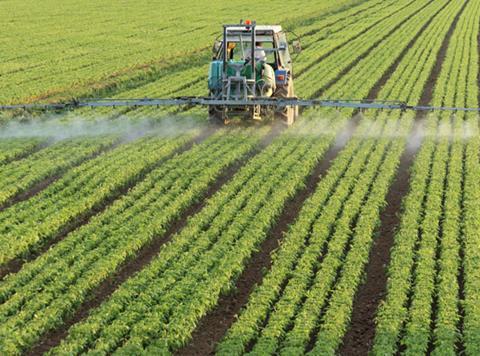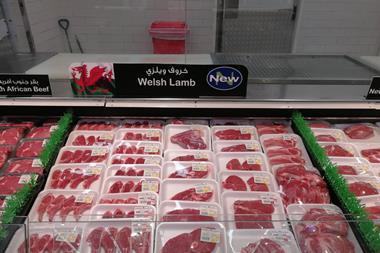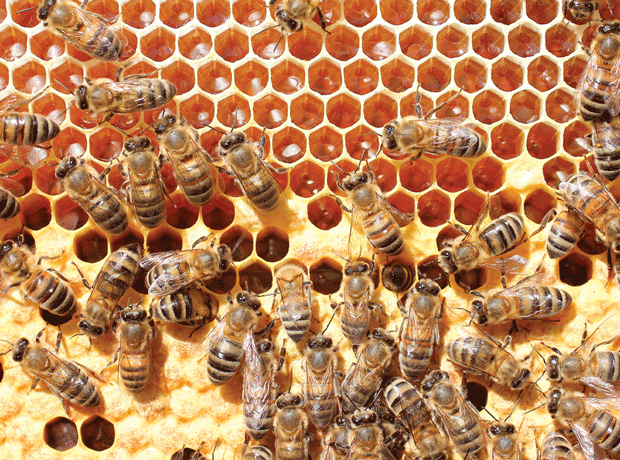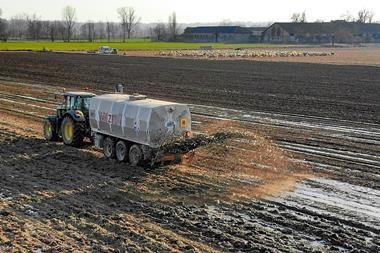
The NFU has warned of “serious impacts” on crops next year if “a complete lack of transparency” in fertiliser markets is not dealt with by government and the industry.
The alleged lack of clarity on pricing and supply chains left growers suffering from “a lack of information”, which NFU vice president Tom Bradshaw said “does not inspire confidence to purchase inputs”.
With farmers struggling with surging input costs that by some estimates run far ahead of inflation across the rest of the economy, fertiliser suppliers should publish prices “immediately”, the NFU said. At the same time, government and industry should collaborate to come up with “a range of options” to reopen closed CF Fertiliser production facilities and reduce reliance on increasingly pricey imported fertiliser.
Russia was the world’s leading supplier of fertiliser prior to imposing export restrictions shortly before its late-February invasion of Ukraine – developments that were followed by Yara, one of the world’s biggest fertiliser businesses, announcing temporary production cuts at two of its European factories.
“Nitrogen fertiliser supplies are reeling from geopolitical events that have upended the energy markets it is reliant on,” said Bradshaw.
Citing estimates by AHDB, the NFU said on Wednesday that UK fertiliser prices climbed from £281/tonne in April 2021 to £785/tonne a year later.
Matt Culley, the NFU’s crops board chair, said nitrogen fertiliser was “costing three times as much as it did this time last year” – a spike that was “having a huge impact on arable growers across the country”.
Prices of most food and energy commodities had been climbing since the near-worldwide imposition of economy-distorting pandemic restrictions in 2020. The invasion by Russia, one of the world’s biggest suppliers of gas and oil, of Ukraine, a major grains exporter, led to further uncertainty in energy markets as sanctions were applied to some of Russia’s huge exporting sectors.
“Whilst this is a global challenges and we can’t expect government to solve all the issues, it can be proactive in supporting and convening industry to quickly adapt to this new world,” the NFU said. “Well-functioning, transparent fertiliser markets will help build resilience and confidence.”
Culley said some farmers were facing the prospect of having to “downsize production” or, to “reduce the amount of fertiliser used, which could impact productivity”.
Previous reporting by The Grocer suggested some farmers could restrict planting this year due to costs of and shortages of inputs such as fuel, labour and fertiliser.
The NFU’s warnings came ahead of the anticipated publication by the government of a new national food strategy, which was expected to show how the UK, which imports almost half the food eaten in the country, would go about addressing the dilemmas posed by surging global inflation and the reorienting of some food trade away from long-standing reliance on the European Union, source of around a quarter of food consumed in the country prior to the implementation of the post-Brexit UK-EU trade deal at the start of last year.
Despite those challenges, the NFU said the Johnson administration should “recognise the importance of fertilisers and other inputs to a farm business and make those markets fit-for-purpose”.


















